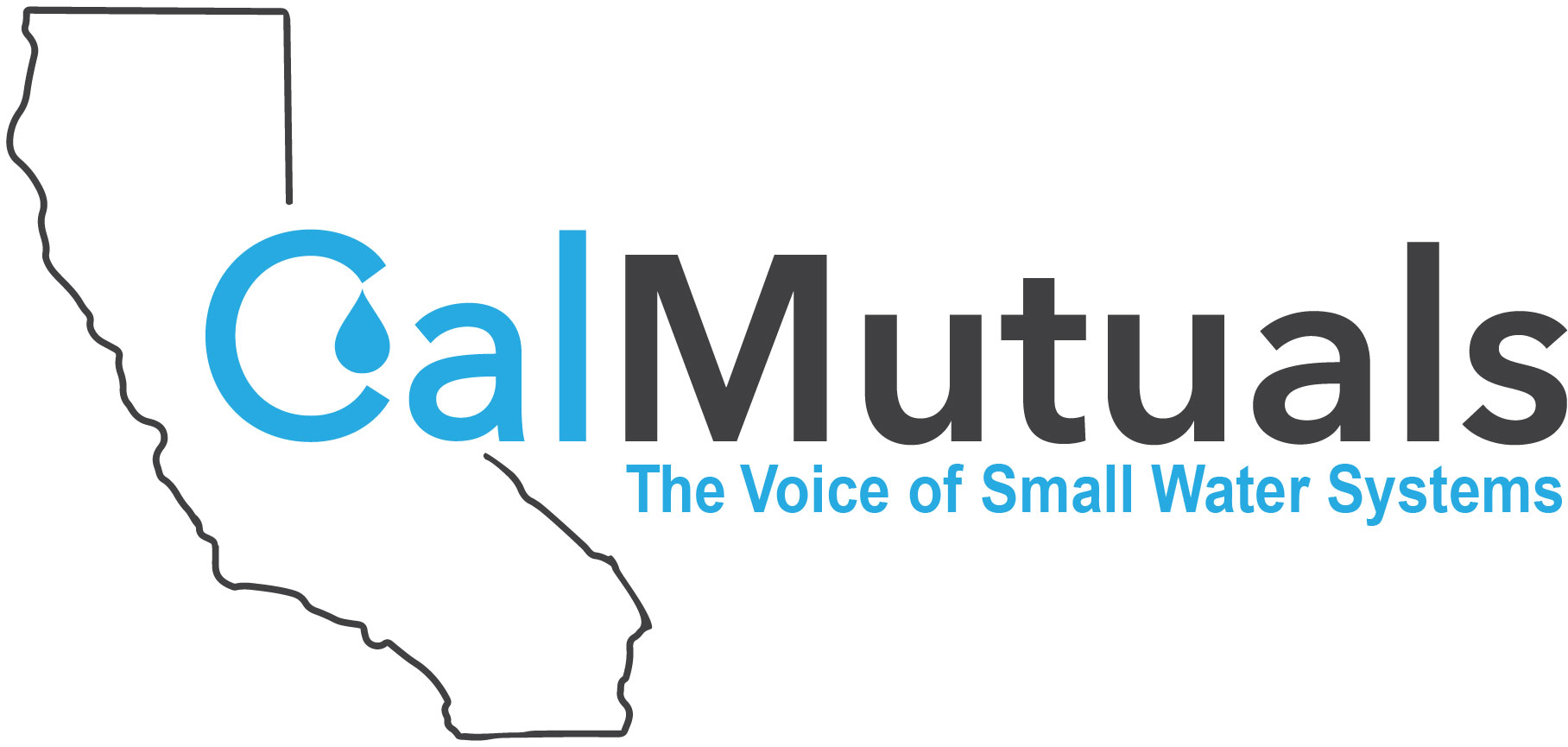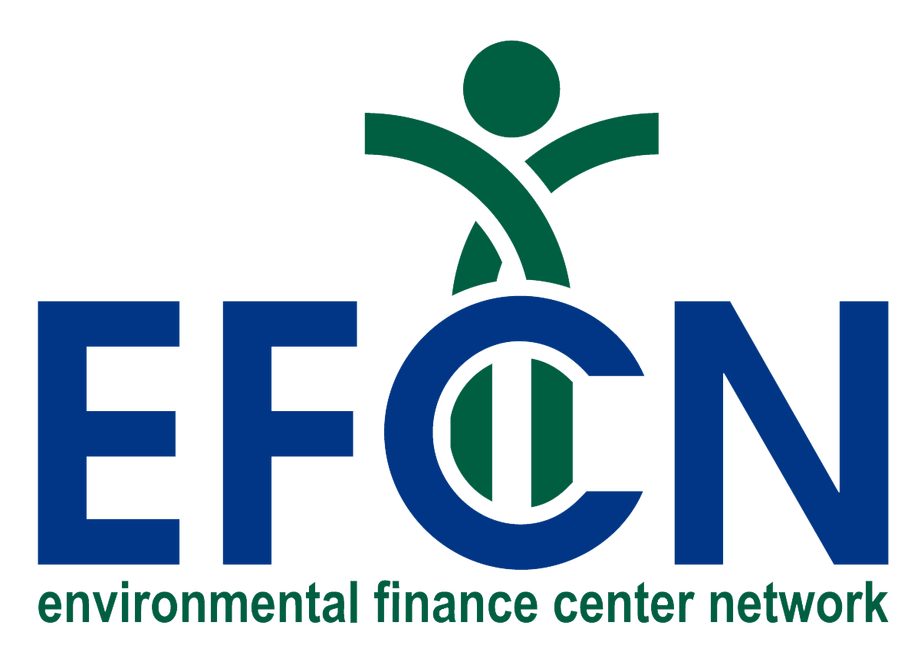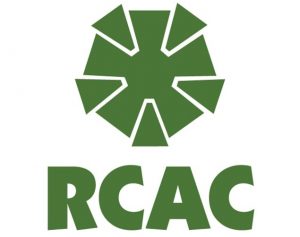EFCN: Financial Analysis & Management for Wastewater and Water Utilities
Webinar OnlyDescription: In this 1-hour webinar, experts from the Great Lakes Environmental Infrastructure Center (GLEIC) will discuss how to conduct a financial analysis of your utility in developing budgets and rates. Learning Objectives: Analyze revenue and expenses for budget development How to effectively develop water and wastewater rates Calculate affordability metrics Develop annual reserve fund contributions toward future projects and asset management replacement Use financial ratios to track financial viability Consider workforce and maintenance needs for budget development Predict future financial factors that can impact utility costs through provided resources and methods Presenter: John Sullivan, Senior Research Engineer, Great Lakes Environmental Infrastructure Center at Michigan Technological University Certificate: This webinar has NOT been submitted for approval of continuing education credit. We can provide a certificate of attendance to eligible attendees, but cannot guarantee it will meet your PDH or CEU requirements. Who Should Attend: Managers, owners, and operators of water systems serving less than 10,000 people, or wastewater systems with an average daily flow of less than 1 million gallons Decision-makers for water and wastewater utilities, including mayors, finance officers, utility managers, public works directors, city councilors, board members, tribal council members, and clerks Consultants and technical assistance providers serving water and wastewater systems


